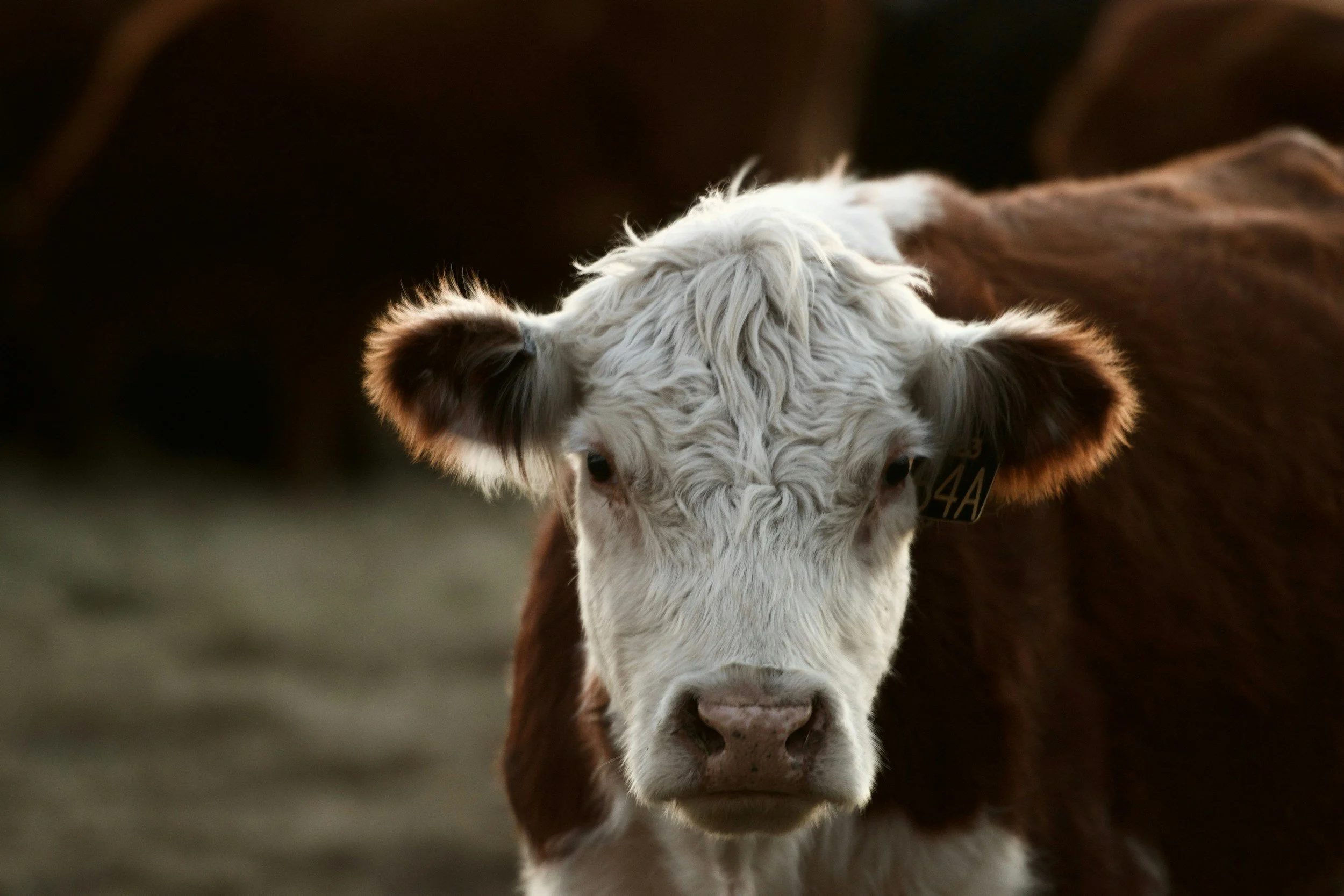Mexico City recognizes community animals in new animal welfare law
Before the law changed, dogs and cats living in public spaces faced the constant risk of being taken and euthanized.
Image: Farm Transparency Project
Mexico City has revised its Animal Welfare law to officially recognize community animals, dogs and cats who live in public or communal spaces and are cared for by residents, marking the latest step forward for animal rights in the country.
Activists welcomed the decision, which grants legal status and protection to animals who may be considered ‘unadoptable’ due to behavioral issues or other challenges.
“This reform shows that compassion can shape policy. It recognizes that care happens not only in homes, but also in streets, parks, and neighborhoods,” said Dr. Claudia Edwards, program director of Humane World for Animals Mexico.
“We celebrate this reform as a shared victory, and we look forward to ongoing collaboration between communities and authorities to ensure long-term, humane solutions for street animals,” she added.
Mexico is home to the largest population of stray dogs in Latin America, with estimates ranging between 15 and 18 million dogs living on the streets.
Before the law was revised, animals living in streets, parks, and shared spaces could be seized and euthanized if reported to the city’s canine control center - even if they were regularly fed and cared for by local residents.
Now, due to the new rules, animals receiving consistent care from the community can remain in their environment without risk of removal.
Alongside recognizing the efforts and contributions of community members to care for dogs and cats who live in public spaces, Article 73 of the legislation requires Mexico City’s Animal Care Agency to support community animals through sterilization, education, and responsible guardianship initiatives.
In December 2024, the foundation for this progress was laid when Mexico became the tenth country to enshrine animal protection in its constitution, amending Articles 3, 4, and 73.
Prior to this, only local and state authorities managed animal welfare, but the amendments let the federal government pass animal welfare and protection laws, while introducing mandatory humane education in schools across the country.
We Have A Favor To Ask…
Species Unite amplifies well-researched solutions to some of the most abusive animal industries operating today.
At this crucial moment, with worldwide momentum for change building, it’s vital we share these animal-free solutions with the world - and we need your help.
We’re a nonprofit, and so to keep sharing these solutions, we’re relying on you - with your support, we can continue our essential work in growing a powerful community of animal advocates this year.




